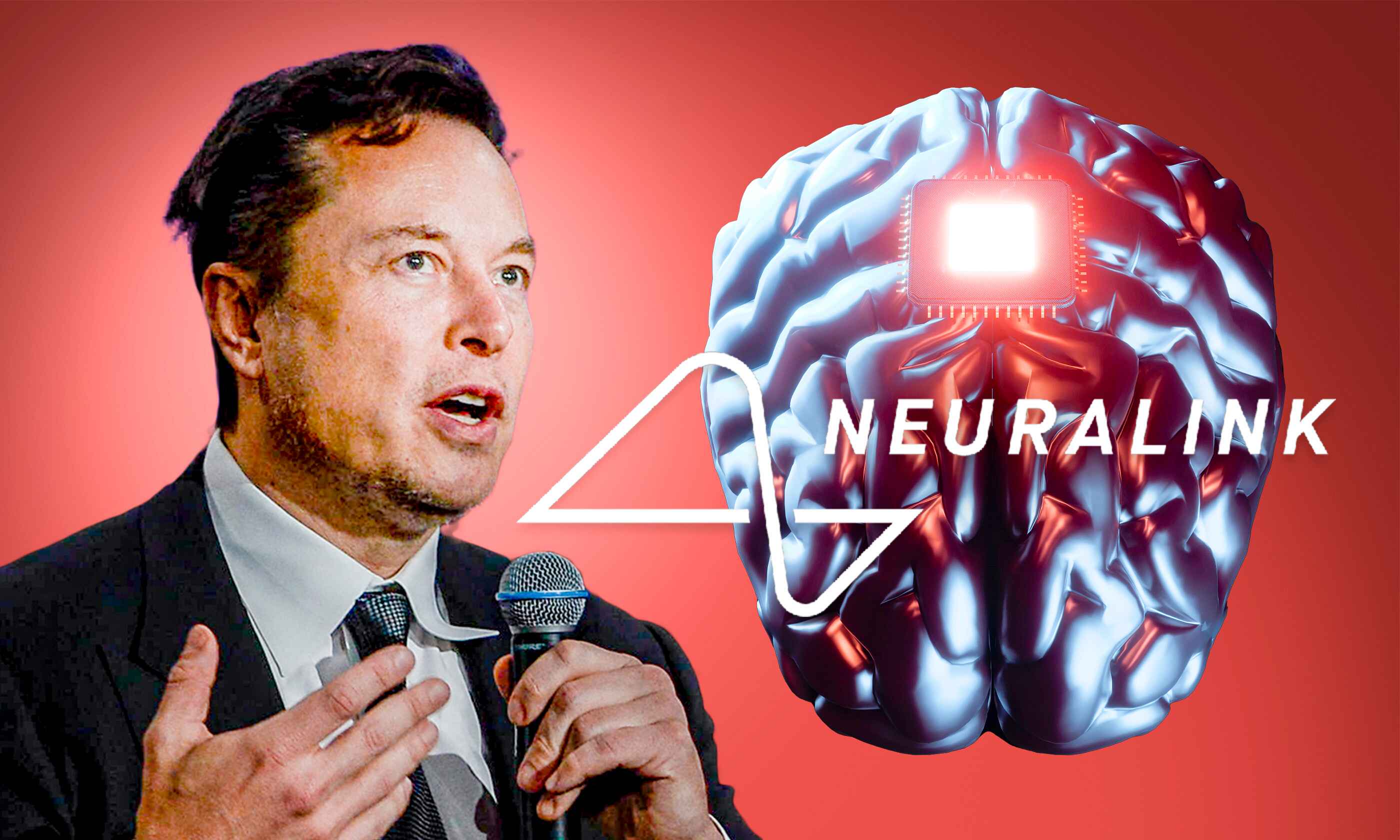Elon Musk’s Neuralink has recently made headlines for its potential to revolutionize medicine and help millions of people suffering from brain disorders. However, alongside the promising benefits, there are also significant risks that need to be considered.
Key Takeaway
Elon Musk’s Neuralink holds great promise in advancing medical treatment for individuals with brain disorders. Its innovative approach to rewiring the brain could potentially improve the lives of millions. However, the technology raises legitimate concerns about privacy and security. The ability for a computer to access a person’s thoughts opens up ethical and privacy implications that must be carefully addressed as Neuralink progresses.
The Potential of Neuralink in Treating Brain Disorders
Neuralink, a project led by Elon Musk, aims to develop a technology that can address various neurologic disabilities. Dr. Marcello Ienca, an expert in artificial intelligence, explains that Neuralink has the potential to push the boundaries of medicine by leaps and bounds. It has the capability to tackle brain disorders that affect hundreds of millions of people worldwide, including those with quadriplegia.
The initial human tests will involve patients living with paralysis. The groundbreaking aspect of Neuralink lies in its ability to rewire the brain, enabling individuals to perform activities that were previously impossible for them.
The Alarming Aspect: Privacy and Access to Thoughts
However, while the prospects are exciting, there is a concern that feels straight out of an episode of the popular TV show “Black Mirror.” Dr. Ienca highlights the potential security issue associated with having a Neuralink chip implanted in one’s brain. Essentially, this means that a computer would have access to a person’s thoughts. And if a computer has access, there is the possibility that others in close proximity could gain access as well.
Imagine the implications: your spouse, coworker, neighbor, or friend being privy to your deepest thoughts and innermost secrets. It is indeed a chilling thought.
The Risks Inherent in Revolutionary Technology
At the core of this discussion is the larger issue of the risks that come with groundbreaking technologies. Dr. Ienca asserts that any revolutionary technology, such as Neuralink, will inevitably come with its fair share of risks. He points to the history of cybersecurity vulnerabilities and privacy breaches that have plagued the internet to emphasize the need for caution.
As Neuralink moves forward with human testing and potential future implementation, it is crucial to strike a balance between the tremendous medical advancements it can offer and the need to address concerns related to privacy and security.


